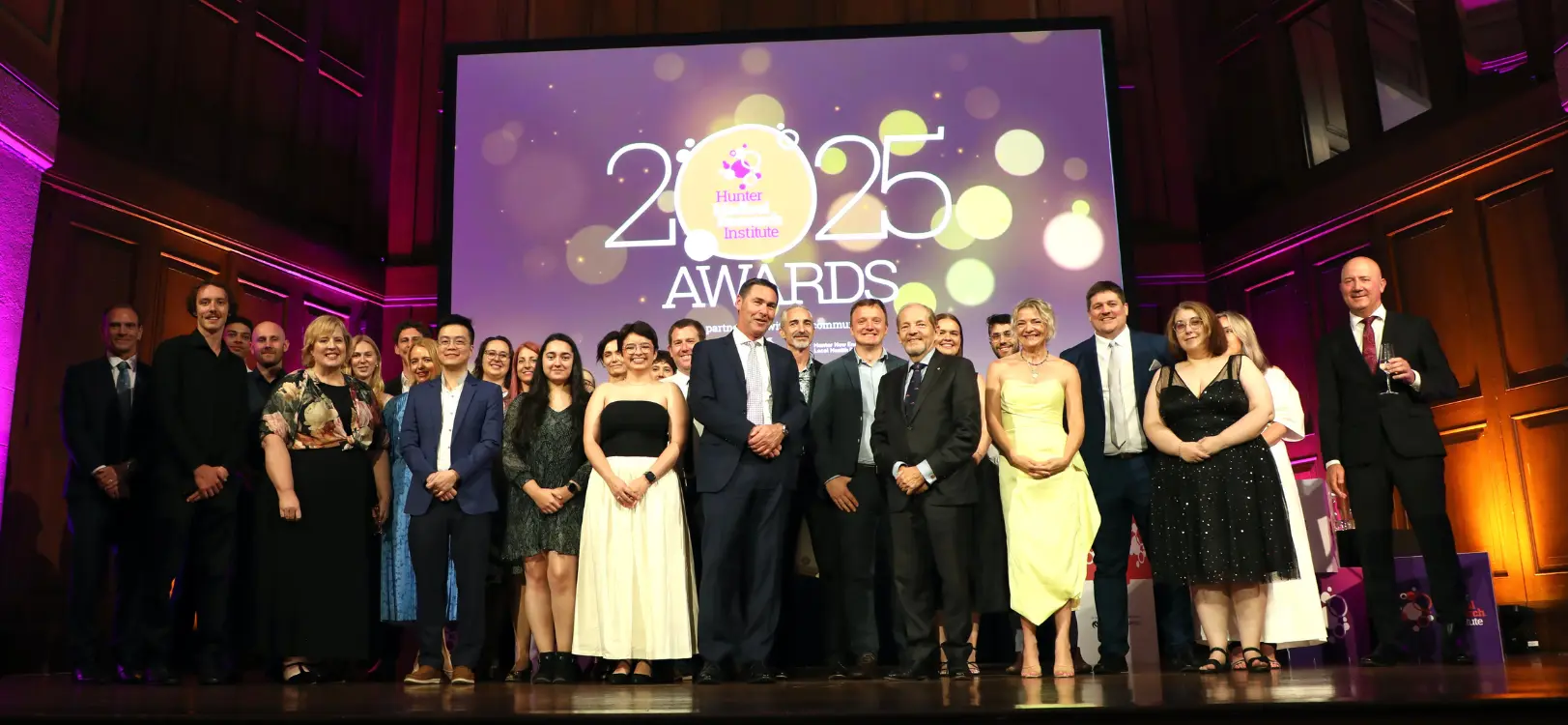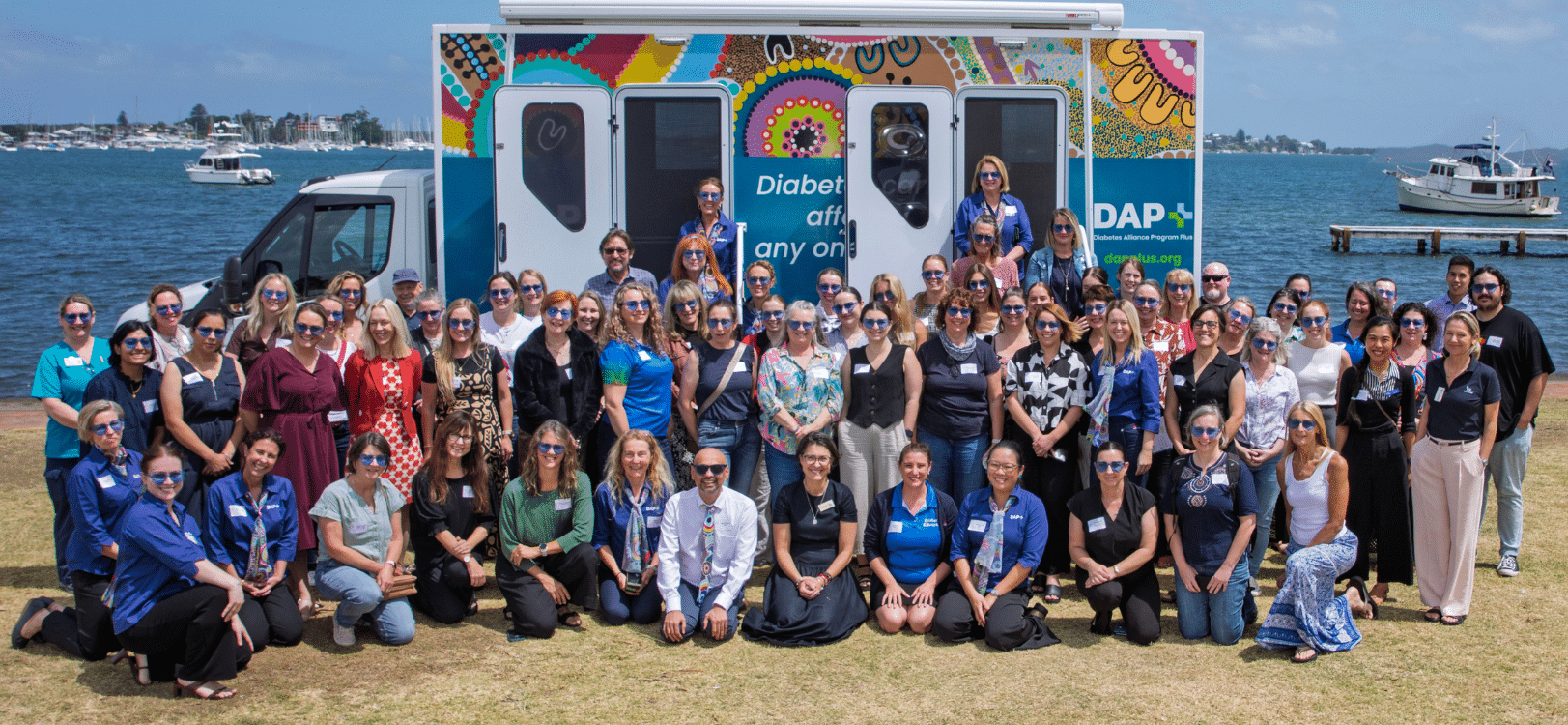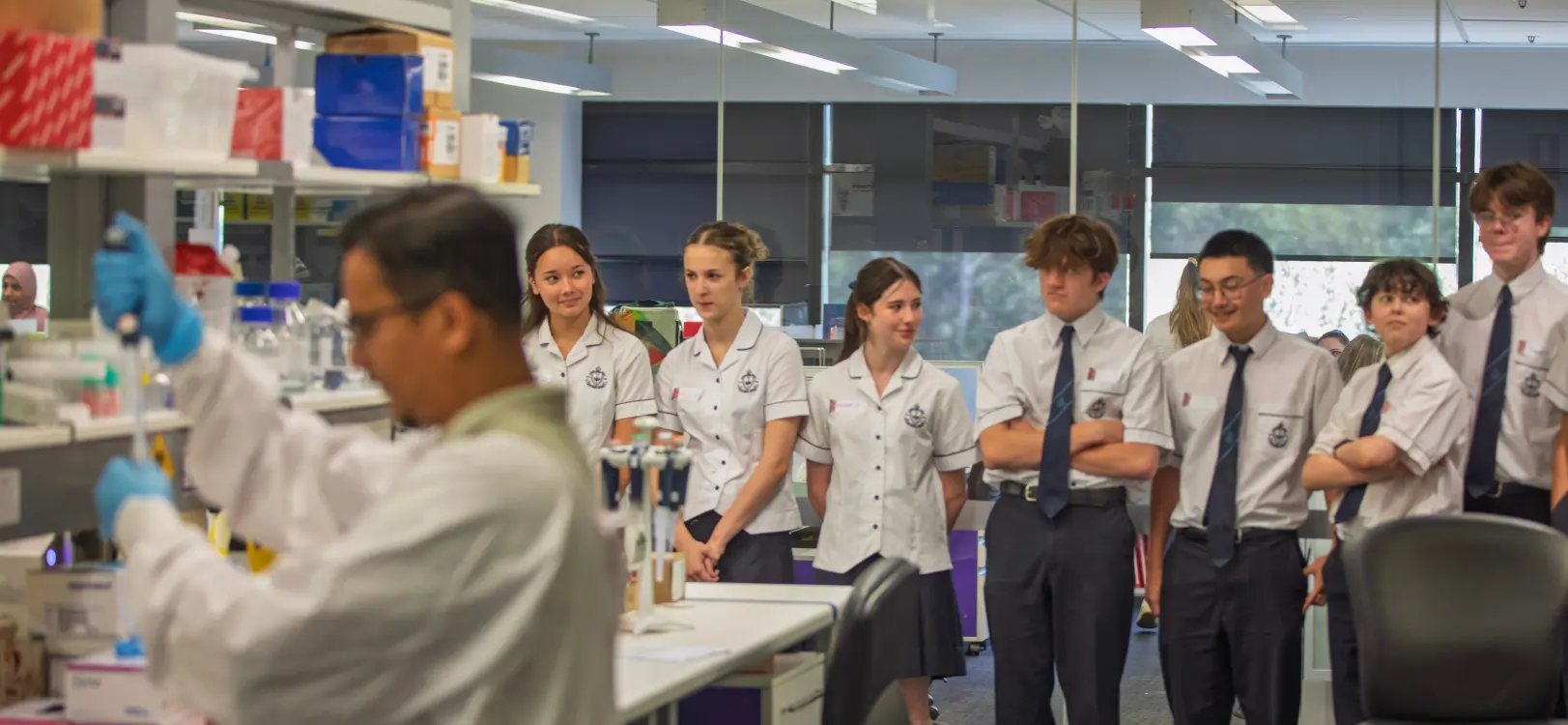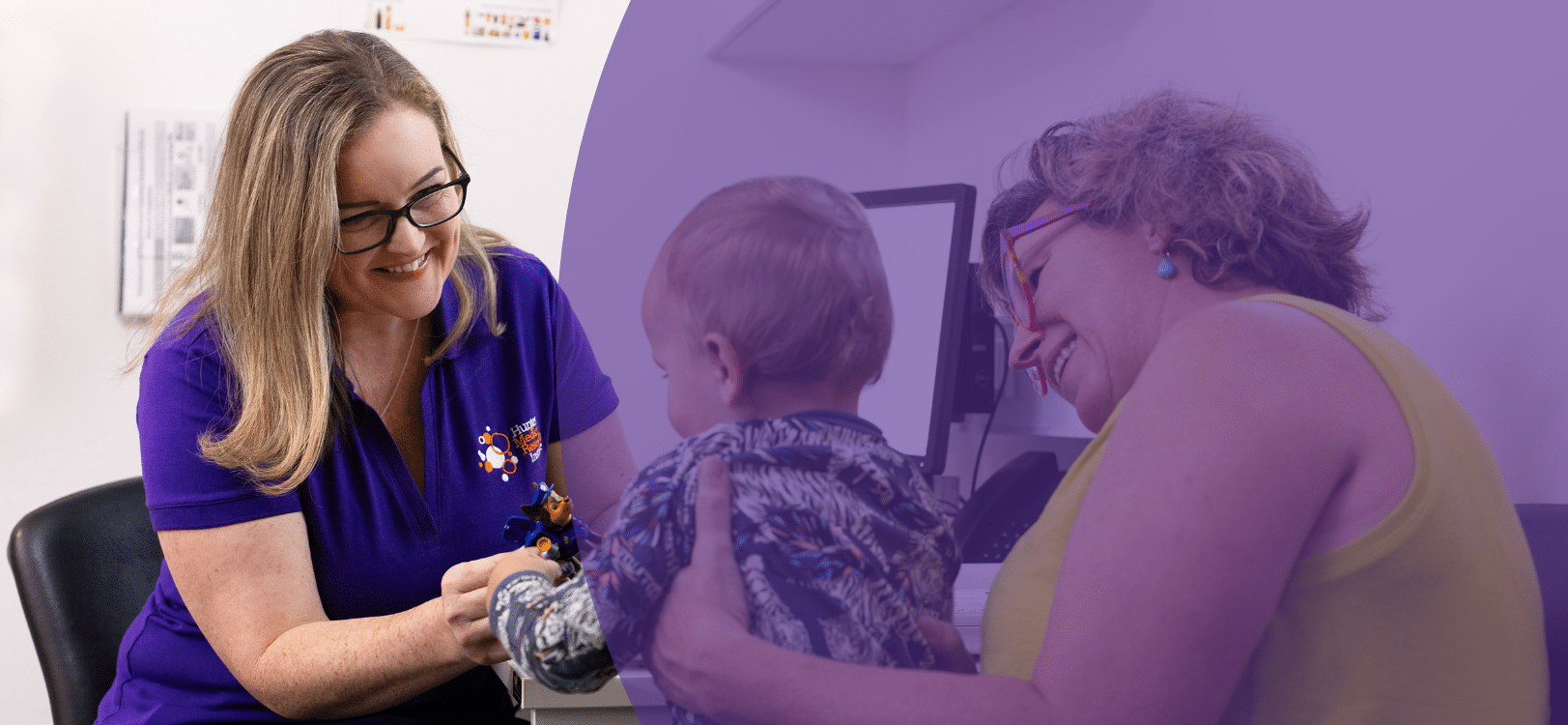Dr John Schjenken is a senior lecturer (40:40:20 position, PhD awarded 2011) and current director of the Hunter Medical Research Institute Infertility and Reproduction Research Program (>60 personnel, Program ARC/NHMRC income since 2022 of >$6M) at the University of Newcastle, Australia.
Within the HMRI program, they are the group leader of the Seminal Fluid Biology Research Group. They are internationally recognised as a leader in reproductive biology, ranked 9th worldwide of ‘semen’ experts (Expertscape) and was named a ‘Rising Star in Reproductive Biology’ by the Society for the Study of Reproduction (USA, 2021).
John’s research utilises transcriptomics, proteomics and bioinformatics to redefine how male factors influence conception events (44 articles: 43% first or senior, field weighted citation impact = 2.53 (2.53 x higher than average for field), 14 invited symposia, $2,900,000 research funding).
Their research has demonstrated impact (5 articles in top 5% of all research outputs scored by Altmetric). Notably, their research in mice demonstrated that sperm have a biological role beyond fertilisation, in modifying female reproductive tract immune mechanisms, and in this proposal they will use their skills to identify and characterise novel signalling molecules carried by human sperm to provide new insights and targets to improve male reproductive health.








